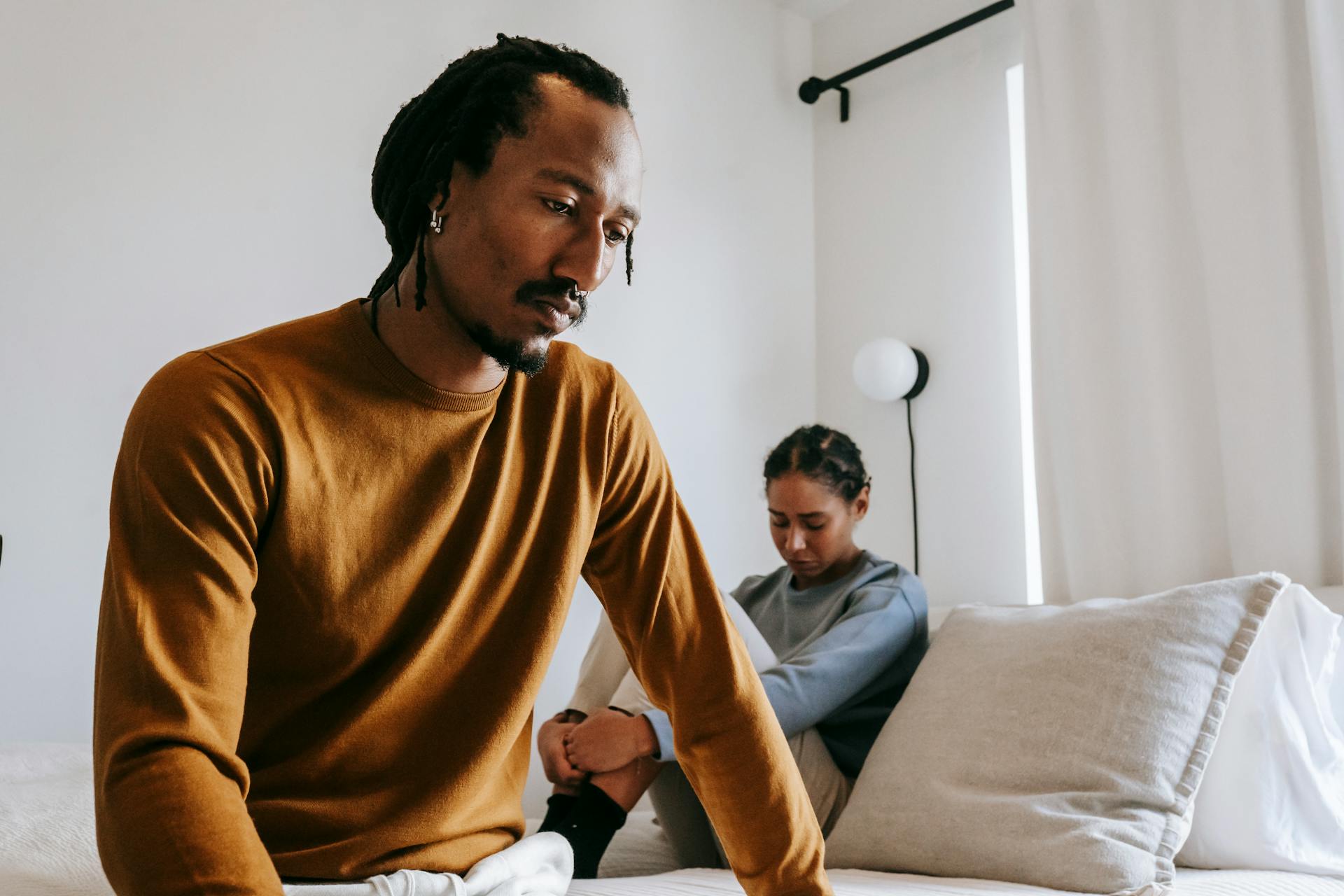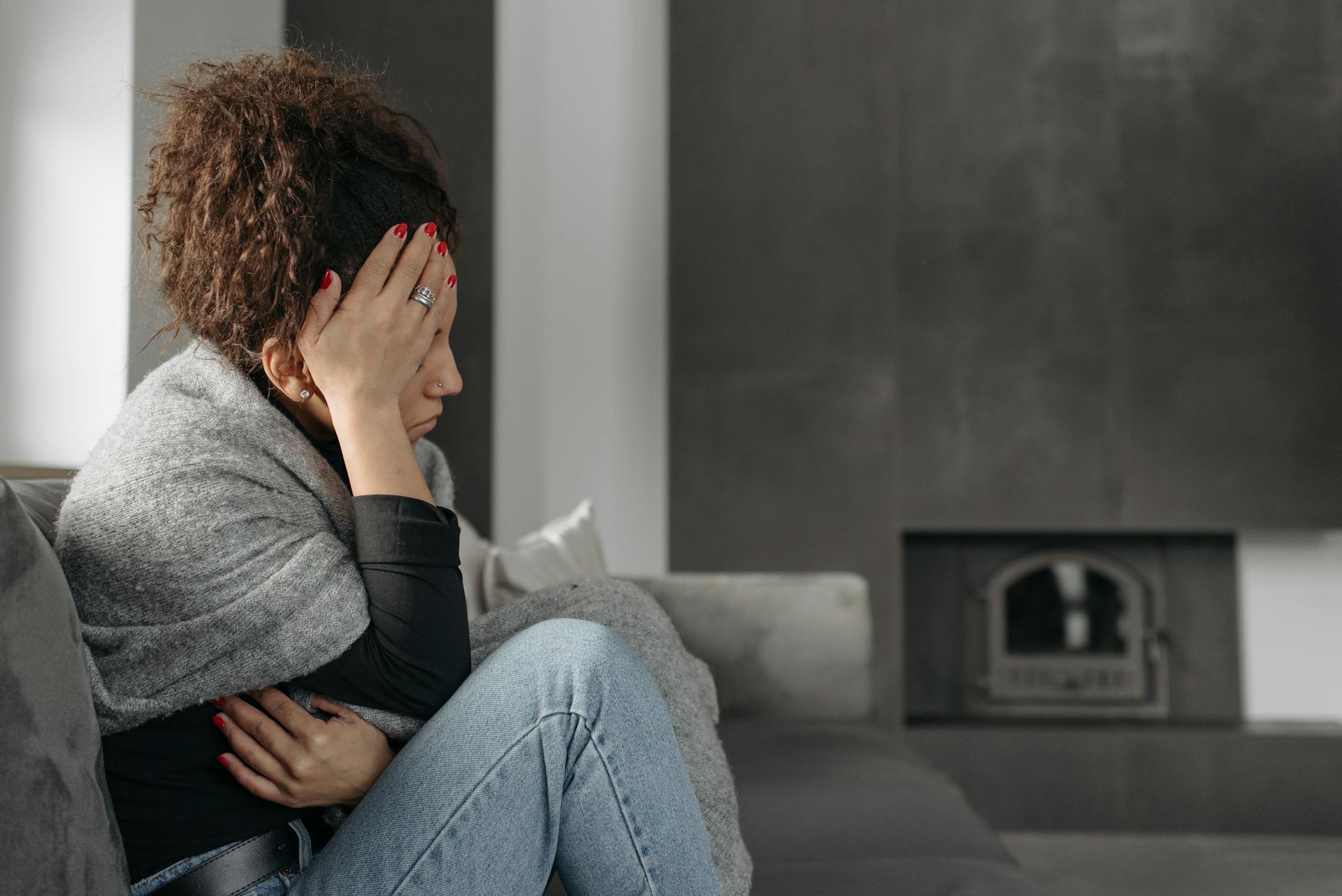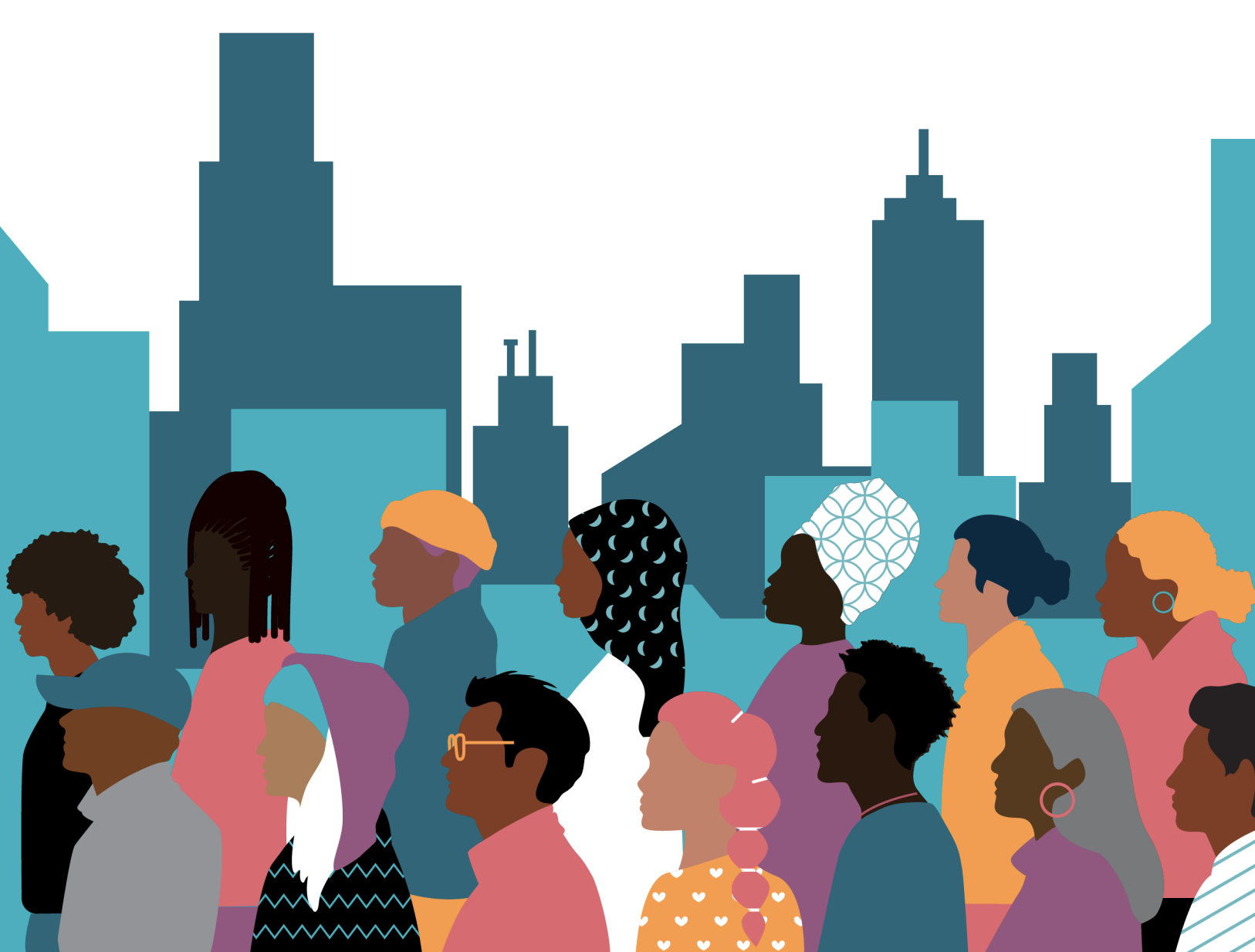You may have heard the term codependency before, maybe in a conversation about relationships that feel one-sided or emotionally draining.
But what does it mean? And where does it fit in the broader discussion of codependency and mental illness? Is codependency an addiction, or something else entirely?
These are important questions, especially if you’ve noticed certain patterns in your life, like putting others first no matter the cost, struggling to set boundaries, or feeling responsible for someone else’s happiness.
At SouthEnd Psychiatry, we believe in addressing the whole person. Through talk therapy, we’ll help you uncover the roots of your patterns, develop healthy communication, and rebuild a strong sense of self.
In this blog article, we’ll explain codependency, where it fits in the mental health conversation, and how understanding it can be the first step toward healing and change.
Understanding Codependency Personality Disorder
Codependency personality disorder often manifests as an overreliance on others to define your self-worth, identity, or emotional balance.
If you’re experiencing this condition, you may notice that your sense of self feels unclear, and you struggle to set healthy, respectful boundaries in relationships.
Living with codependency personality disorder can feel like your self-esteem is directly tied to how well you take care of others.
You might feel responsible for other people’s emotions and well-being, often at the expense of your own needs.
While codependency can look different from person to person, some common signs may resonate with you:
Signs of Codependency Personality Disorder
- Low Self-Esteem: If you live with codependency personality disorder, you may feel inherently unworthy of love or attention.
This poor self-image often stems from early life experiences like emotional neglect, criticism, or abuse.
- People-Pleasing: A hallmark of codependency personality disorder is putting others first, even when it harms you.
You might say yes when you mean no, or feel guilty for asserting your needs, leading to chronic self-neglect.
- Poor Boundaries: Struggles with boundaries are common in codependency personality disorder.
You may find it hard to distinguish where you end and others begin, making it difficult to protect your emotional and mental space.
- Communication Difficulties: With codependency personality disorder, expressing what you think or feel can be tough.
Fear of conflict or rejection may stop you from being honest or asking for what you need.
- Control Issues: You may try to control people or situations to cope with internal insecurity.
This aspect of codependency personality disorder can show up as micromanaging, needing constant reassurance, or trying to “fix” others.
- Enabling Behaviors: In an attempt to feel needed, you might enable harmful behaviors in those around you, such as addiction, irresponsibility, or self-harm, believing it’s your role to rescue or protect them. This is another key pattern in codependency personality disorder.
- Fear of Abandonment: A deep fear of being alone is central to codependency personality disorder.
This fear can keep you stuck in unhealthy or abusive relationships because the idea of abandonment feels more painful than mistreatment.
- Chronic Caretaking: You may constantly prioritize others’ needs over your own. While caregiving might feel fulfilling at first, codependency personality disorder often leads to burnout, resentment, and emotional exhaustion when you ignore your limits.
Codependency and Mental Illness: Understanding the Difference from Addiction
Codependency and mental illness are often discussed alongside addiction, but they are distinct issues that require different paths to healing.
While it’s common to see codependency and addiction show up together, especially in close relationships, they are not the same thing.
Codependency is a learned behavior, often rooted in childhood trauma, emotional neglect, or long-standing patterns within dysfunctional relationships.
When considering codependency and mental illness, it’s important to recognize that while codependency itself isn’t formally classified as a mental illness, its effects can be just as disruptive to emotional and relational well-being.
In contrast, addiction is a chronic brain disorder marked by compulsive substance use or engagement in behaviors despite harmful consequences.
It typically requires medical and psychological intervention, including detox, therapy, and long-term support systems.
Though they are different, codependency and mental illness often intersect. For example, someone living with codependent tendencies may also struggle with depression, anxiety, or unresolved trauma. These overlapping challenges can complicate recovery if not addressed separately and holistically.
Healing from Codependency Starts with SouthEnd Psychiatry in NY
If you’re dealing with codependency, know that help is available, and healing is possible.
SouthEnd Psychiatry offers a safe, supportive space where you can share openly, feel truly heard, and begin to untangle the patterns that no longer serve you.
Our licensed therapists are here to guide you with care, compassion, and respect for your unique experiences.
Through talk therapy, we work together to help you build healthier relationships, strengthen your sense of self, and create lasting personal growth.
Schedule an appointment today—we’re here when you’re ready.












